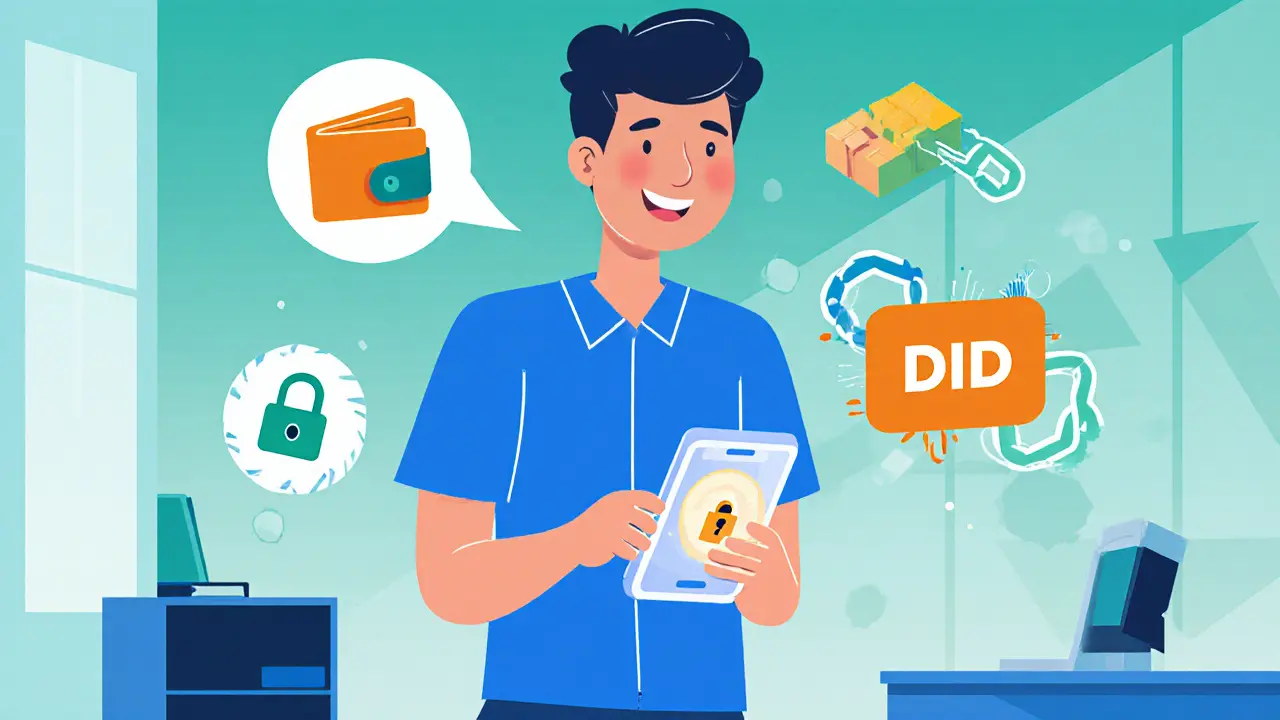Blockchain Digital Identity: How It Works and Where It's Used
When you think about blockchain digital identity, a system that lets you own and control your personal data using blockchain technology instead of relying on governments or corporations. Also known as self-sovereign identity, it lets you prove who you are without handing over your entire life history to a single company. This isn’t science fiction—it’s already being tested in places like the Philippines, Vietnam, and Indonesia, where people struggle with paper-based ID systems or lack official documents entirely.
decentralized identity, a type of blockchain digital identity where users hold their own credentials in a secure wallet, not stored on a central server. Unlike traditional logins that tie your email, phone number, and bank details to one provider, decentralized identity lets you pick and share only what’s needed—like proving you’re over 18 without showing your birth certificate. This cuts down fraud, reduces data leaks, and gives real power back to the user. And it’s not just for crypto users. Think of it like a digital passport you control, usable anywhere that accepts it—from checking into a hotel in Bangkok to applying for a microloan in Manila.
blockchain authentication, the process of verifying identity using cryptographic keys stored on a blockchain, rather than passwords or SMS codes. This is what makes blockchain digital identity secure. No more resetting passwords because you forgot them. No more getting locked out because a company’s database got hacked. Your identity is tied to a private key only you hold. If you lose it, you can recover it with a backup phrase—no middleman needed. Companies in Southeast Asia are starting to test this for KYC checks, voting systems, and even school enrollment records.
What you’ll find in the posts below isn’t theory—it’s real projects, real platforms, and real people using blockchain digital identity to solve problems that have lasted for decades. Some posts show how it’s being used to give unbanked communities access to finance. Others expose scams pretending to offer "identity solutions" with no real tech behind them. You’ll see how it connects to DeFi, NFTs, and even government digital currency pilots. There’s no fluff here—just what works, what doesn’t, and what you need to know before you trust your identity to a blockchain.
